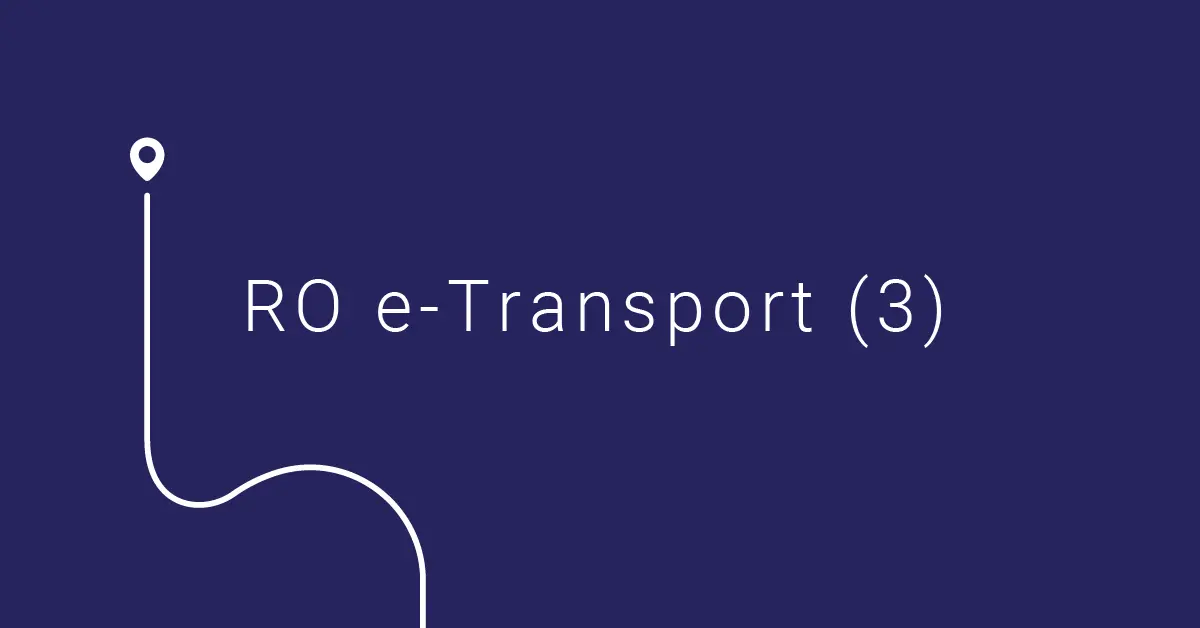The RO e-Transport system is designed to fight tax evasion and improve shipment traceability in road freight. As a trusted partner in logistics and international transport, GOPET Romania provides a clear overview of the goods covered and the risks for operators who don’t comply.
What are high fiscal risk goods?
According to Romanian law, specific categories of products are considered high fiscal risk, meaning they must be declared in the RO e-Transport system if they exceed the reporting thresholds (over 500 kg or 10,000 lei per shipment).
These include:
- Vegetables, roots, tubers
- Edible fruits and citrus/melon peels
- Beverages, alcohol, vinegar
- Salt, gypsum, cement, stones
- Apparel (knitted and non-knitted)
- Footwear and components
- Cast iron, iron, and steel
Transporting these goods requires a UIT code, issued by ANAF before the vehicle departs, and presented upon inspection.
What are the penalties for non-compliance?
- Fines from 20,000 to 100,000 lei for legal entities
- Confiscation of undeclared goods
- Fines from 5,000 to 10,000 lei for drivers lacking a UIT code or GPS
- Escalating penalties for repeat offenses (15%, 50%, up to 100% of goods’ value)
These are not hypothetical – as of April 1, 2025, GPS tracking is mandatory for all operators, with no exceptions.
Conclusion
RO e-Transport is no longer optional – it’s a legal requirement. While transporting high-risk goods now demands greater precision and oversight, it also offers an opportunity to streamline internal logistics.
GOPET Romania is here to support its partners with not only reliable transport, but also compliance expertise and operational guidance.

